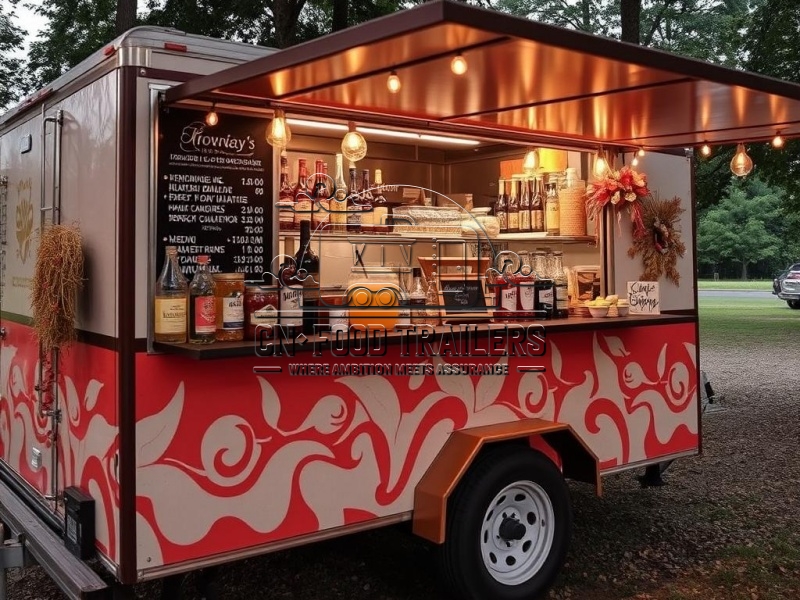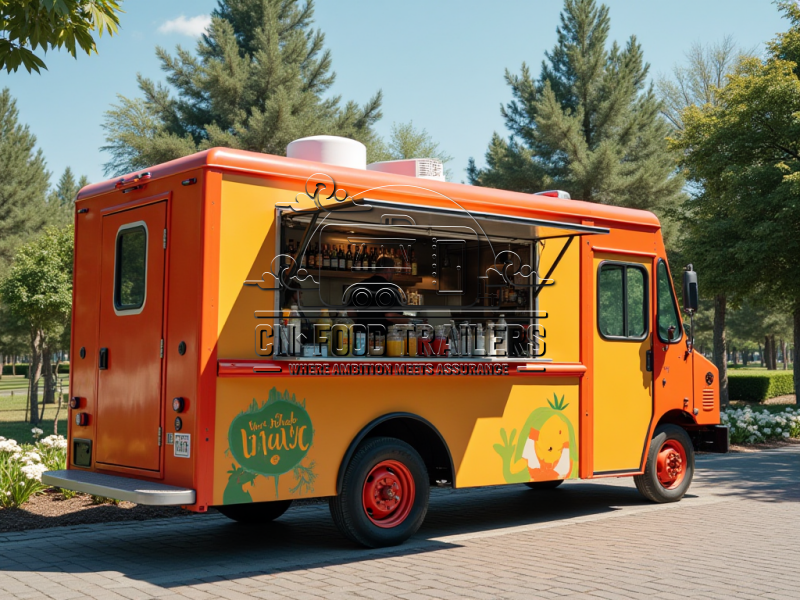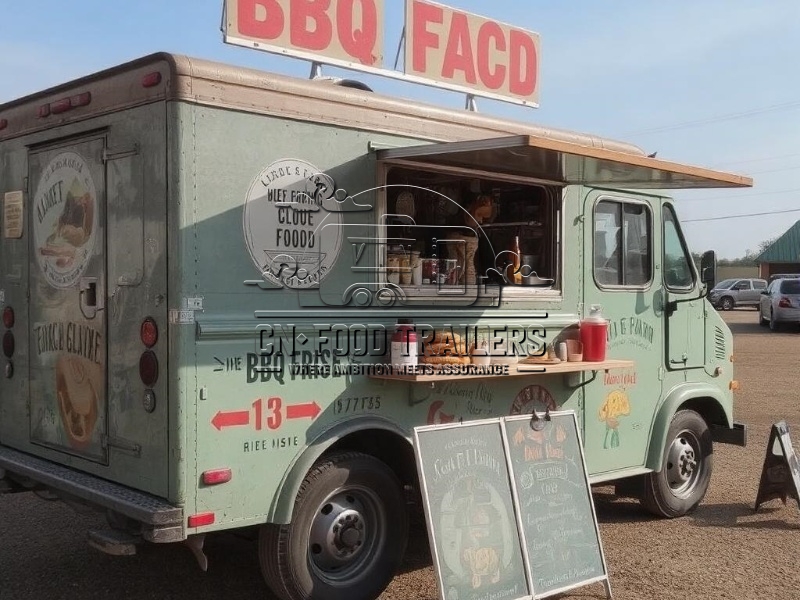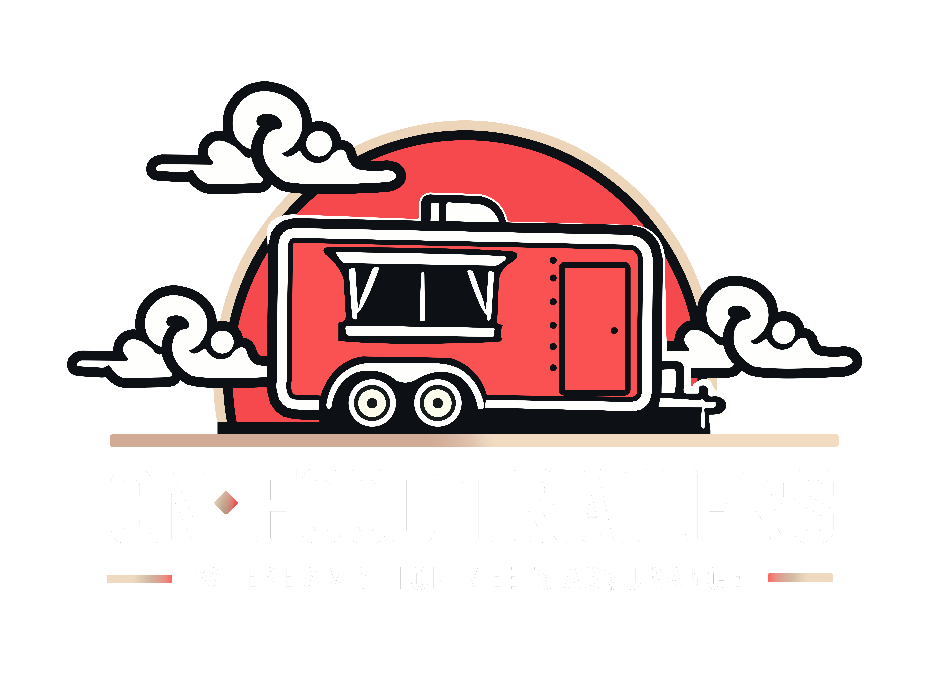Stanford Food Trucks are a fleet of custom-designed, eco-friendly mobile kitchens stationed across the university’s sprawling campus. Operated by local chefs, student entrepreneurs, and established vendors, these trucks offer a rotating menu of global cuisines, from vegan bowls and artisanal sandwiches to fusion tacos and gourmet coffee. Unlike traditional food trucks, Stanford’s fleet prioritizes sustainability, often featuring solar panels, compostable packaging, and partnerships with local farms.

Key Features
1.Sustainability-First Design
- Many trucks use solar-powered generators or hybrid engines to reduce emissions.
- Compostable utensils, biodegradable containers, and zero-waste initiatives align with Stanford’s green campus goals.
2.Student & Community Collaboration
- Some trucks are student-run or feature student-created menus, fostering entrepreneurship.
- Proceeds from certain trucks support campus initiatives or local charities.
3.Tech-Integrated Operations
- Mobile apps for real-time menu updates, order tracking, and payment processing enhance convenience.
- Digital menu boards display nutritional info and sustainability certifications.
4.Aesthetic & Branding
- Trucks are often wrapped in Stanford-themed graphics or partner branding, creating a lively campus atmosphere.
Internal Equipment
1.Cooking Stations
- Induction cooktops or propane grills for energy-efficient cooking.
- Convection ovens, panini presses, or flat-top griddles for diverse menu options.
2.Refrigeration & Storage
- Under-counter fridges and freezers with temperature control for fresh ingredients.
- Dry storage cabinets for pantry items and eco-friendly cleaning supplies.
3.Food Prep & Safety
- Stainless steel countertops, triple-sink systems (for washing, rinsing, sanitizing), and handwashing stations.
- Fire suppression systems and grease traps to meet health code requirements.
4.Serving & POS Systems
- Touchscreen POS terminals for quick transactions.
- Serving windows with sneeze guards and condiment stations.
5.Utility & Sustainability Tech
- Onboard water tanks with filtration systems.
- Waste compactors or recycling bins for on-site sorting.
Application
1.Campus Dining
- Strategically parked near dormitories, libraries, and athletic facilities to serve busy students and staff.
- Late-night hours cater to students studying or socializing.
2.Events & Catering
- Providing food at university events (e.g., commencement ceremonies, sports games, lectures).
- Off-campus catering for corporate partnerships or alumni gatherings.
3.Pop-Up Collaborations
- Partnering with student clubs, chefs, or local businesses for themed food nights (e.g., “Taco Tuesdays” or “Global Cuisine Week”).
4.Sustainability Initiatives
- Educating the community about composting, reducing food waste, and sourcing locally.
- Some trucks double as mobile classrooms for workshops on sustainable cooking.






Leave A Comment